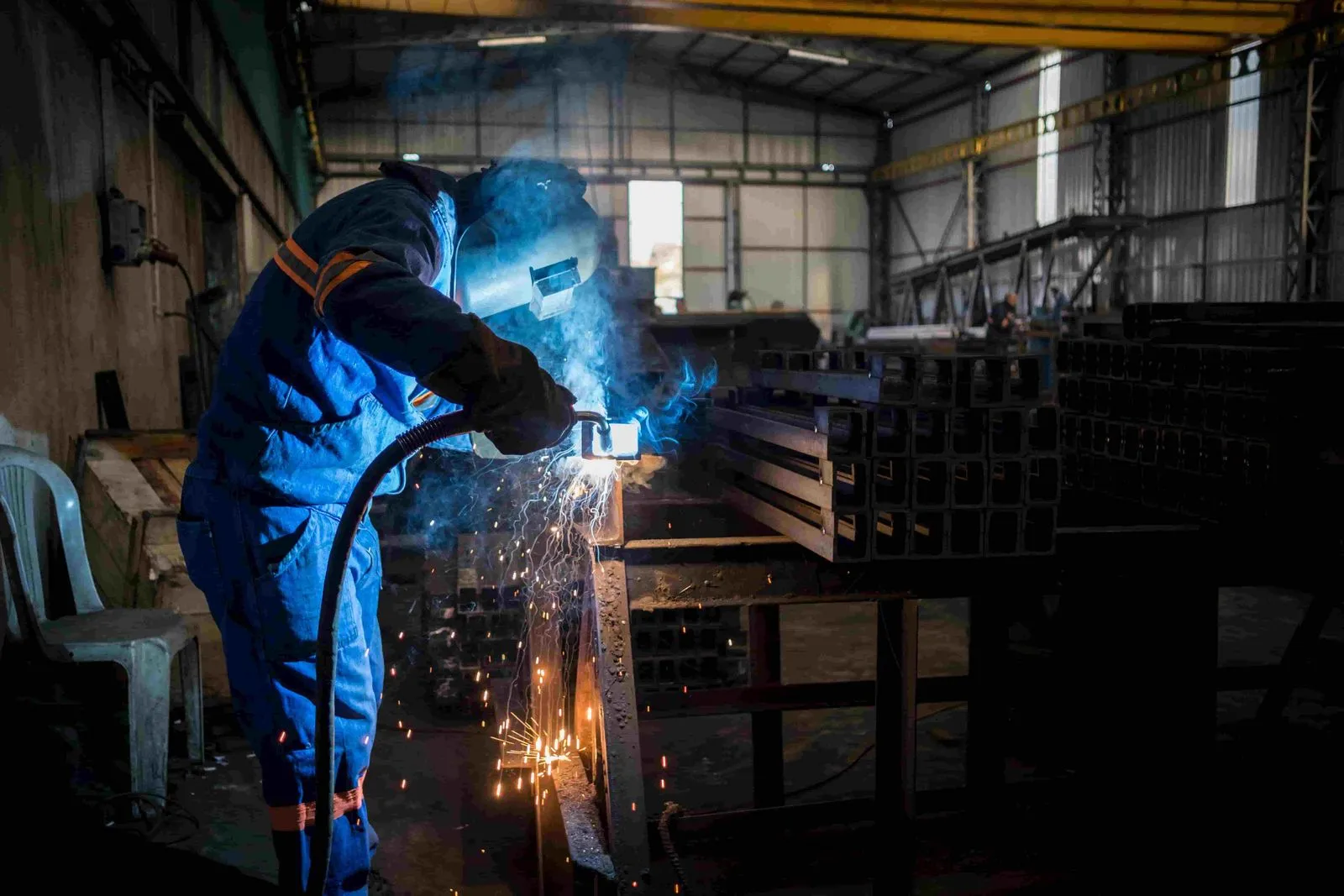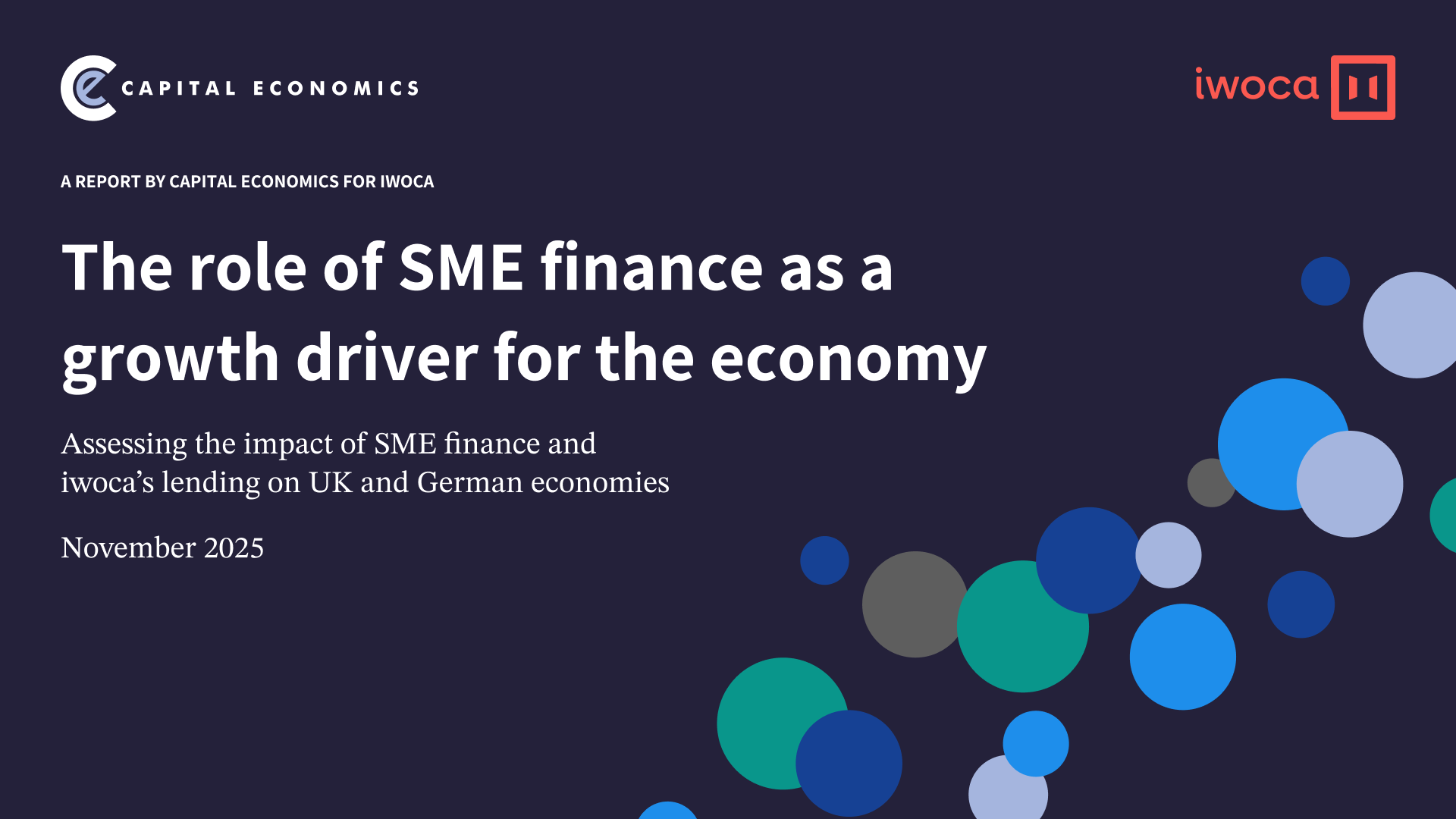Nearly 6 in 10 sole traders trading less – or not at all – as restrictions ease
5
min read
Nearly 6 in 10 sole traders trading less – or not at all – as restrictions ease
October 4, 2022






- Sole traders may have been disproportionately impacted by COVID restrictions: 58% are either not trading or trading less than pre-COVID.
- Almost half of sole traders worry they won’t be able to afford paying themselves a salary in the next 6 months.
- Nearly 1 in 4 sole traders will take zero days off in the next year.
Sole traders – who account for 59% of the UK business population – may have been worst affected out of all businesses by COVID restrictions. Our survey findings* reveal that the majority (58%) of sole traders (defined as those who are the exclusive owners of their businesses) are trading less than pre-COVID, compared to 43% of (limited) companies. What’s more, sole traders are twice as likely not to be trading at all, with 14% in this position compared to 7% of limited companies.
COVID- secure workplace measures disproportionately impacted sole traders
Small businesses report that having to be ‘COVID-secure’ took its toll; but it seems sole traders suffered the biggest hit. Almost a third (32%) said they were making fewer sales due to COVID-secure workplace measures (compared to 24% of limited companies), and – where 29% of limited companies had fewer customers – nearly 4 in 10 sole traders suffered the same (39%).
Our research also revealed that nearly half of business owners with sole trader status (46%) were concerned they’d struggle to afford their own wages in the next 6 months (compared to 37% of those without).
Nearly 1 in 4 sole traders will take zero days off in the next year
As SMEs continue to wrestle against the pandemic, time off seems to have become a luxury they can’t afford. And again: it’s sole traders who’re worst affected, with 24% not even planning to take one day off in the next 12 months (compared to 13% of limited companies). The majority – 59% – plan to take less than ten days off in the next year (compared to 50% of limited companies).
Seema Desai, our Chief Operating Officer, added: “The pandemic has hit sole traders particularly hard. We need our sole traders back on their feet - hopefully the lifting of restrictions will help them to recover, which will be great for them and also for the economy more broadly.”
*469 small business owners were surveyed between 10/05/21 - 24/05/21: data available on request
{{finance-explained-cta="/components"}}


How to use payroll loans for small businesses

Business Loans comparison: High Street Banks vs. Alternative Lenders
Comparing the pros and cons of getting a business loan from traditional lenders and alternative finance providers, including how they differ in application processes, speed of funding, rates and flexibility.

Working capital ratio
Discussing the importance of calculating your company’s working capital ratio, what it represents and how to improve the ratio.





